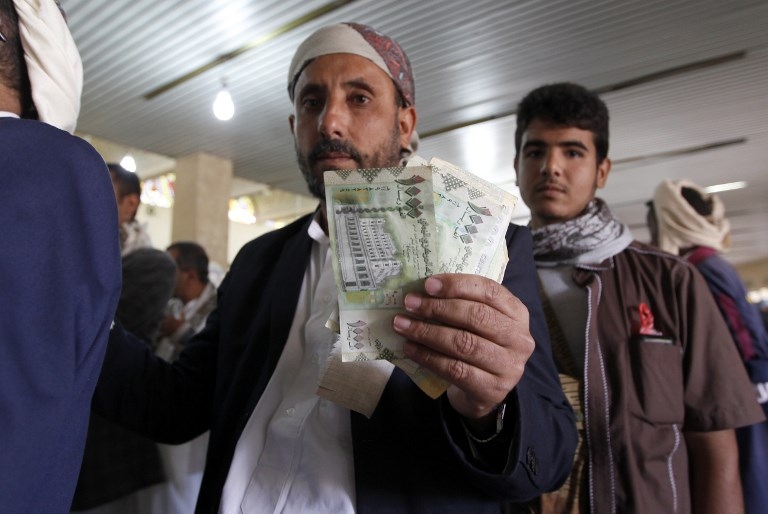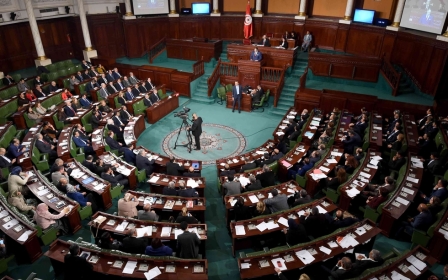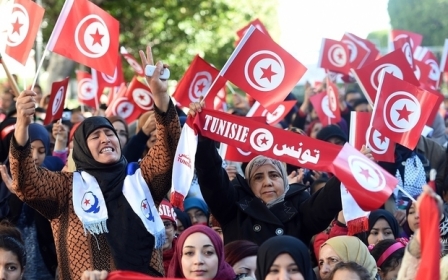Arabic press review: Saudi Arabia claims Yemeni currency saved from collapse

Jordan calls for religious fatwa on Jerusalem
The Jordanian minister of Awqaf, Islamic Affairs and Holy Places, Wael Arabiyat, has said Egypt’s key religious body should issue a fatwa on the city of Jerusalem, according to the Jordanian newspaper Al-Ghad.
Speaking at a religious conference in Cairo, Arabiyat said that the Al-Aqsa Mosque has its religious status and its spiritual sanctity in the Quran, and this is clear, and not open to discussion.
He also stressed that Jerusalem’s status is part of every Muslim’s faith.
“Every Muslim must defend it,” he added. “This is a Sharia, political and legal duty.”
Jordan maintains the holy sites in Jerusalem and was one of the countries most strongly opposed to US President Donald Trump's recent decision to move his country's embassy from Tel Aviv to Jerusalem.
Saudi Arabia says it has saved Yemeni currency
Saudi King Salman bin Abdulaziz issued a decision to deposit $2bn in the Central Bank of Yemen as part of Saudi support for the Yemeni people, according to Saudi newspaper Asharq Al-Awsat.
With this latest deposit, total Saudi deposits to the Central Bank of Yemen have reached $3bn, which have saved the Yemeni currency from collapsing, the newspaper said.
Right after the circulation of news about the Saudi deposit, the “insane collapse” in the price of the Yemeni riyal regressed. During a visit of Asharq Al-Awsat‘s correspondent to Sanaa, workers at exchange shops confirmed that the exchange rate of the dollar fell to 460 riyals, after having reached 530 riyals on Tuesday.
Since early 2015, Saudi Arabia has led a military coalition in Yemen, fighting the country’s Houthi rebels. Some 10,000 people have been killed in the conflict.
Kuwait: 900 prisoners released to ease prison overcrowding
The Kuwaiti Public Prosecutor’s office has issued an unprecedented decision to release 700 prisoners due to overcrowding, according to the Kuwaiti newspaper Al Rai.
In addition to those Kuwaiti citizens, 200 Egyptian and Indian prisoners will be deported for the same reason.
The attorney-general in Kuwait, Mohammed Rashid Al-Duaij, said that a committee formed by the Public Prosecution carried out a night visit to check on prisoners’ conditions, and found that over 4,000 prisoners were being held in a building with the capacity to house 1,200 people.
The committee then immediately decided to reconsider the detention of 700 “drug addicts” and deported 200 Egyptian and Indian prisoners so they could complete their sentences in their home countries, in accordance with agreements signed with Cairo and Delhi.
New MEE newsletter: Jerusalem Dispatch
Sign up to get the latest insights and analysis on Israel-Palestine, alongside Turkey Unpacked and other MEE newsletters
Middle East Eye delivers independent and unrivalled coverage and analysis of the Middle East, North Africa and beyond. To learn more about republishing this content and the associated fees, please fill out this form. More about MEE can be found here.




